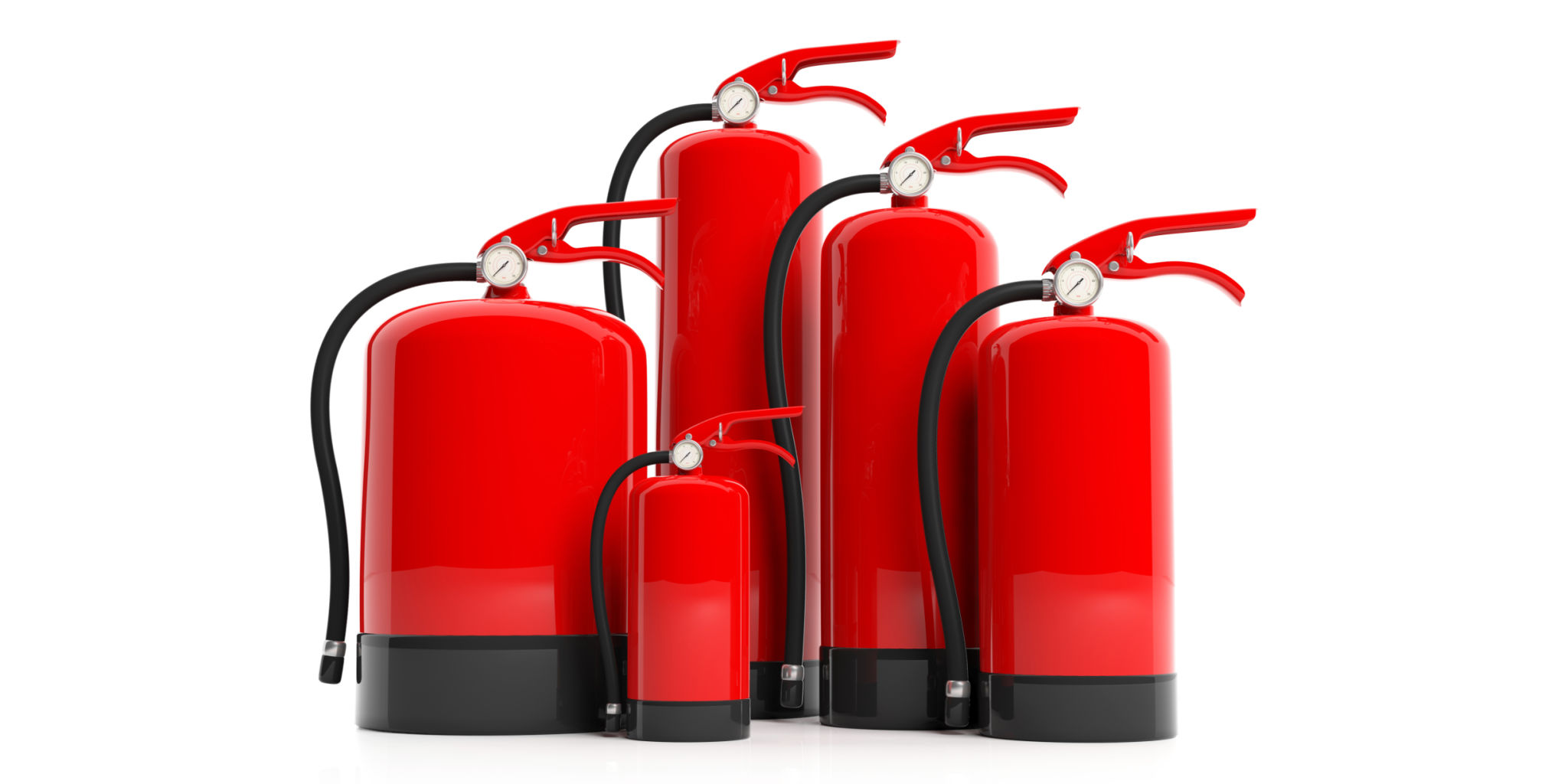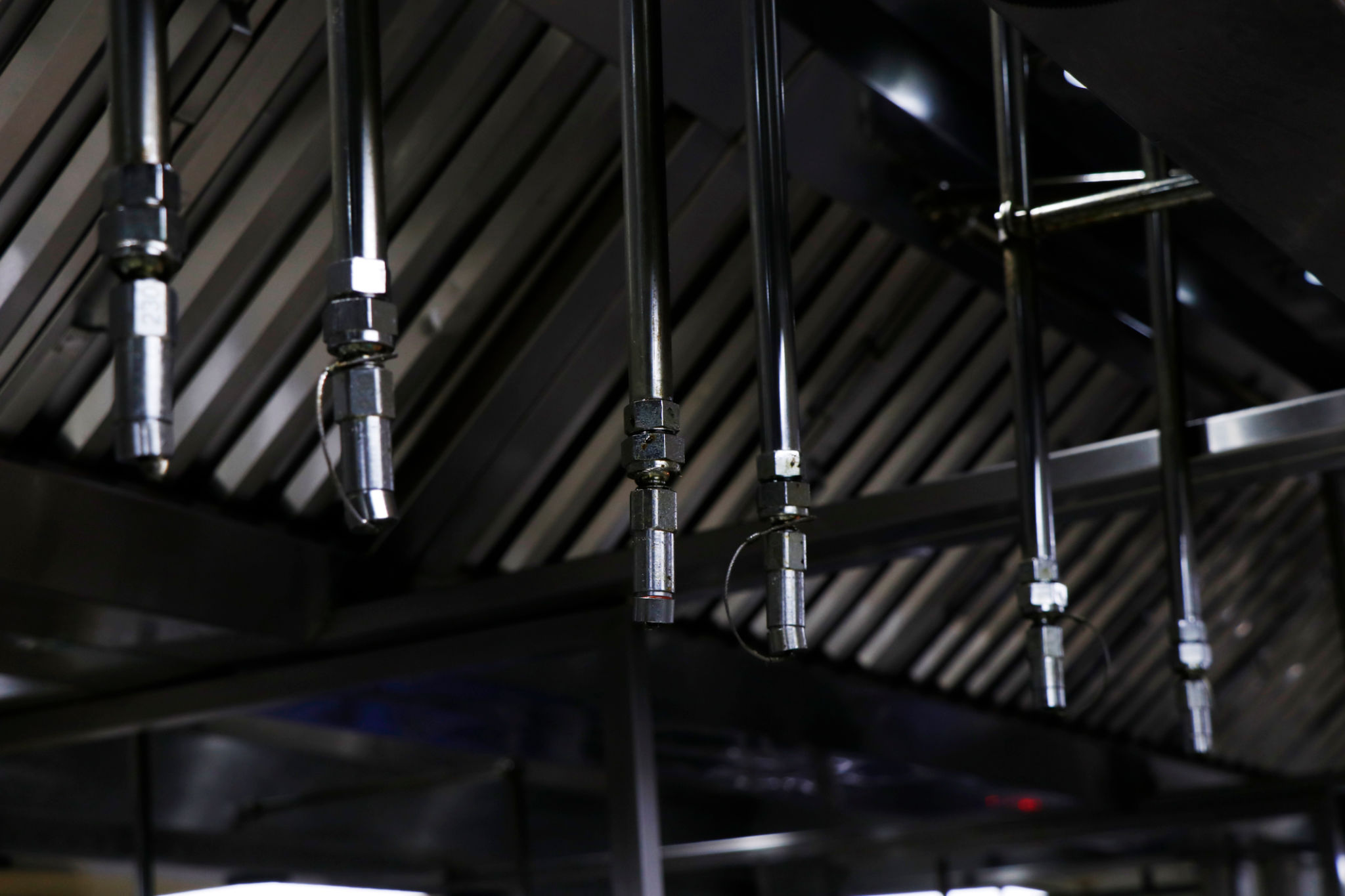Comparing Fire Extinguishers: Which Type is Right for Your BC Business?
Understanding Fire Extinguishers: A Basic Overview
Fire extinguishers are essential safety devices in any business setting, especially in British Columbia where regulations require specific standards. Choosing the right type of fire extinguisher can mean the difference between a minor incident and a major catastrophe. There are various types of fire extinguishers, each designed to combat different classes of fires. Understanding these differences is crucial for the safety and compliance of your business.
Fire extinguishers are categorized based on the types of fires they can effectively combat. The main classes are A, B, C, D, and K. Class A extinguishers are for ordinary combustibles like wood and paper, Class B for flammable liquids, Class C for electrical fires, Class D for metal fires, and Class K for kitchen fires involving oils and fats.

Class A, B, and C Extinguishers: Common Choices
For most businesses in BC, the most relevant types of extinguishers are those that cover Classes A, B, and C. Multi-purpose ABC extinguishers are often recommended as they provide broad coverage. These extinguishers use dry chemical powders to effectively put out fires involving ordinary combustibles, flammable liquids, and electrical equipment.
It's important to note that while multi-purpose extinguishers offer versatility, they might not always be the optimal choice for every fire hazard in your business. Understanding the specific risks associated with your business operations is crucial to making an informed decision.

Specialized Fire Extinguishers: Class D and K
If your business involves handling combustible metals or cooking with oils and fats, specialized extinguishers like Class D or K are necessary. Class D extinguishers are designed for metal fires and use dry powders to smother flames without reacting with the burning metals. They are essential in industries such as manufacturing or laboratories.
Class K extinguishers are crucial for commercial kitchens. They use wet chemical agents to cool flames and prevent re-ignition, making them ideal for fires involving cooking oils and fats. Ensuring your kitchen is equipped with a Class K extinguisher is not only a safety measure but also a regulatory requirement in many jurisdictions.

Key Considerations for Your BC Business
When selecting fire extinguishers for your BC business, consider factors such as the size of your premises, specific fire risks associated with your industry, and legal requirements. Regular maintenance and employee training on the proper use of extinguishers are also critical components of a comprehensive fire safety plan.
Compliance with local regulations is crucial. BC's fire code may have specific requirements depending on your industry and location. Consulting with fire safety experts can provide valuable insights tailored to your business needs.
Conclusion: Making an Informed Decision
Selecting the right fire extinguisher is a vital step in safeguarding your business against potential fire hazards. By understanding the types of extinguishers available and assessing your specific needs, you can ensure that you are prepared for any situation. Regular evaluations and updates to your fire safety equipment will help maintain a safe working environment.
Investing time in understanding fire safety today can prevent costly accidents and ensure peace of mind for you and your employees in the future.
